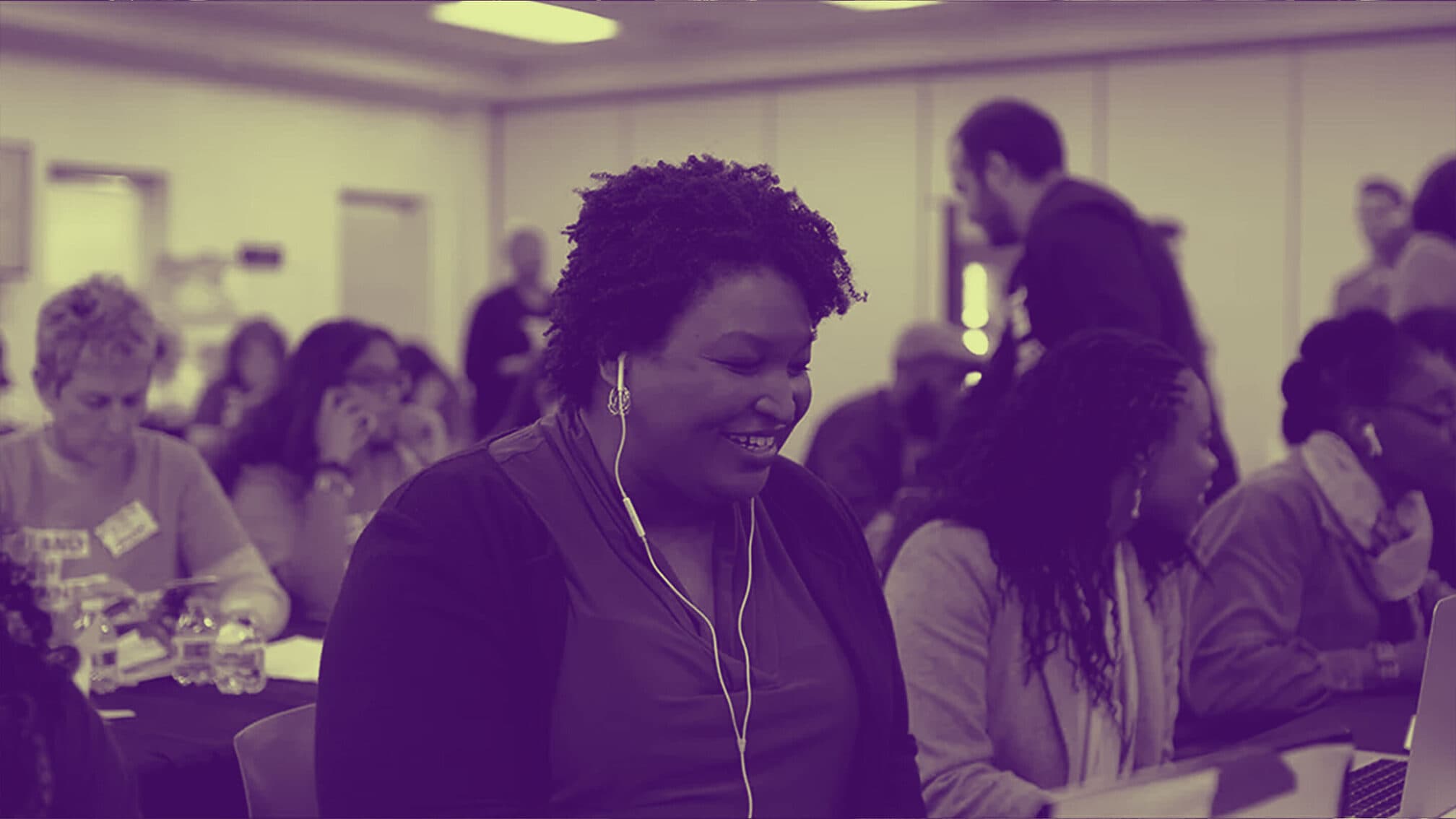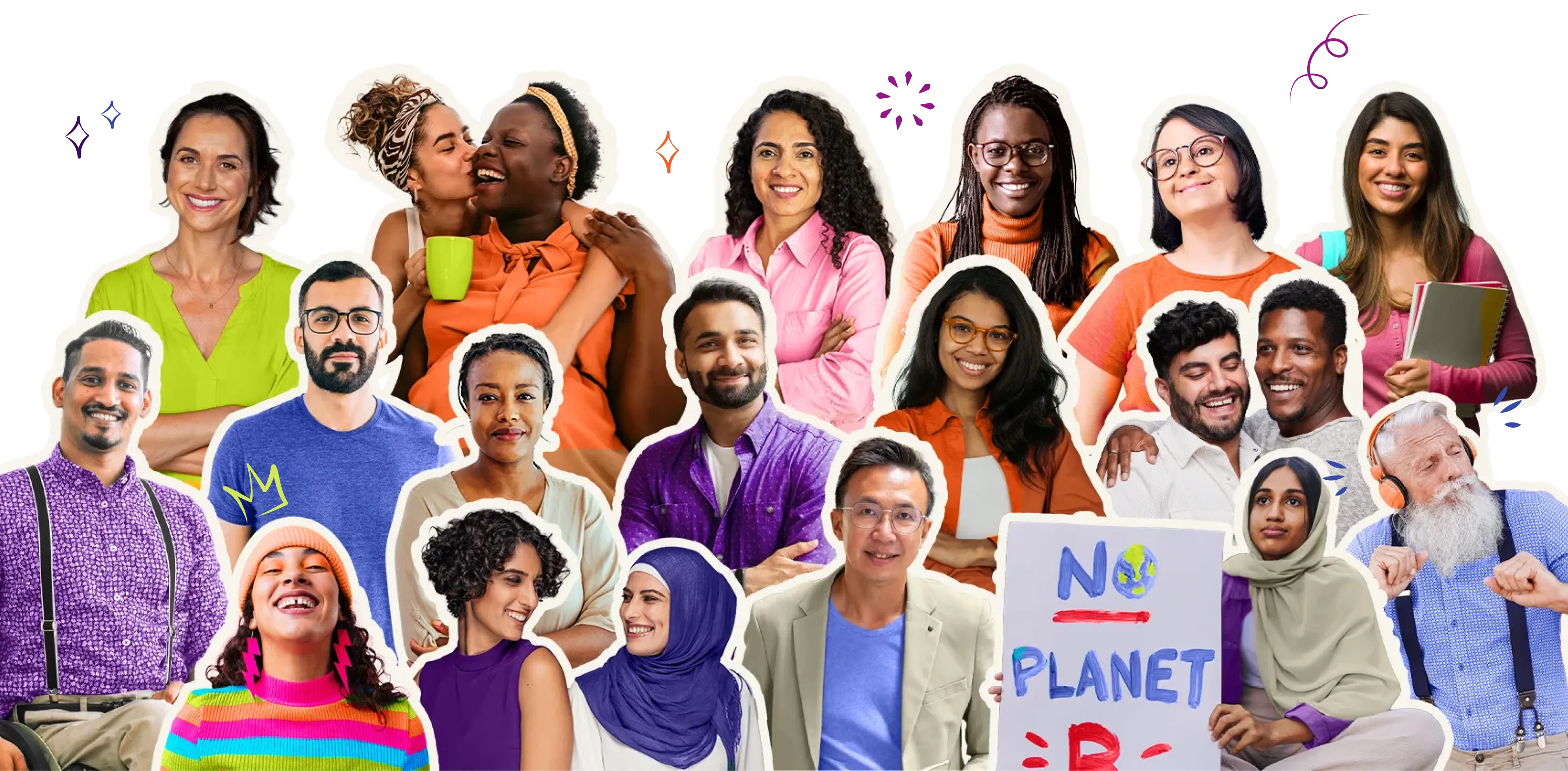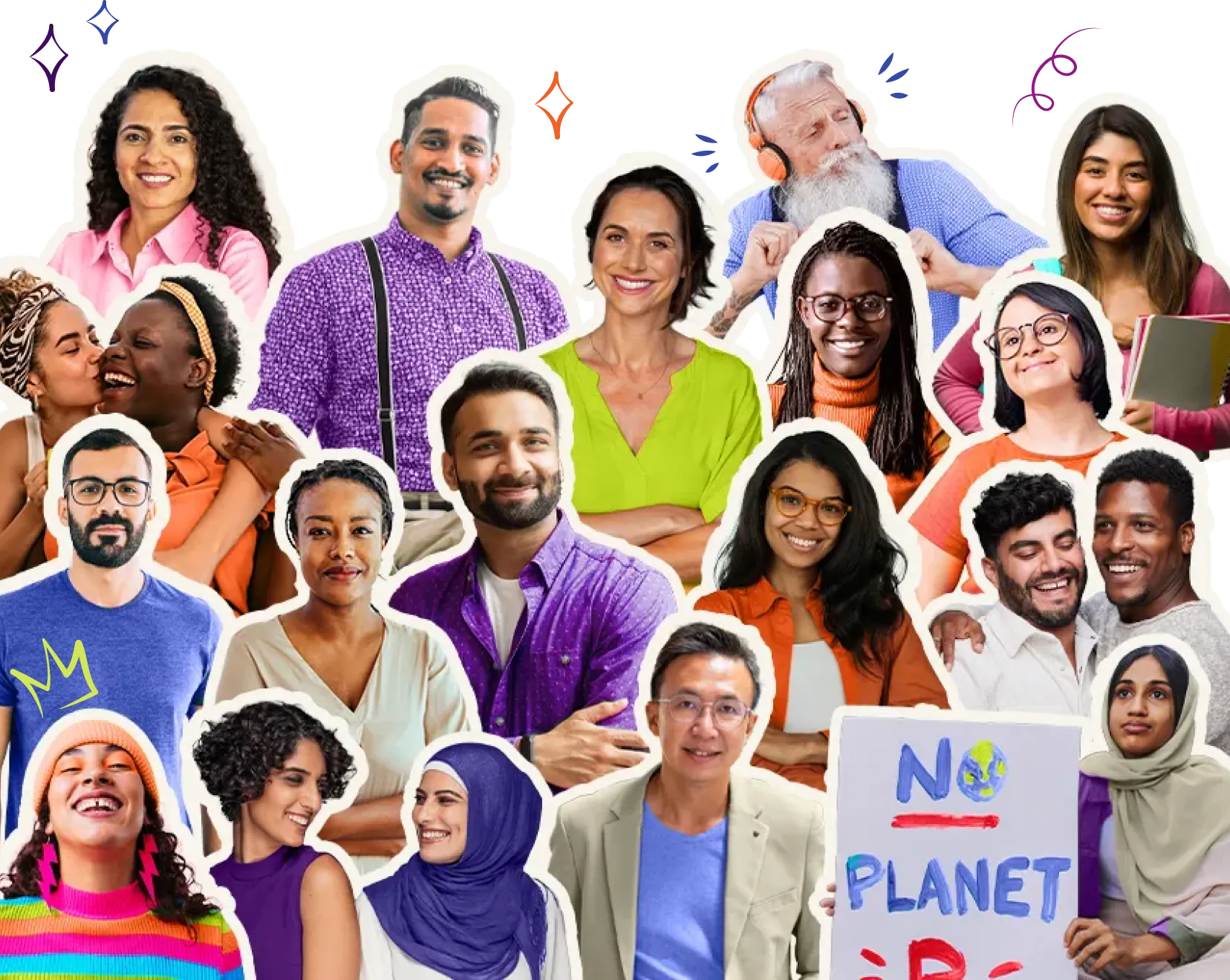In the News
Civil Rights Are Under Siege. DEI 2.0 Is the Answer
Philanthropy needs to emerge from its defensive crouch and unleash a bold and creative response to DEI attacks. - Chronicle of Philanthropy

The heavily funded, concerted effort against diversity, equity, and inclusion programs is as predictable as it is deeply disheartening.
What began as a long-overdue reckoning with America’s racial history following the murder of George Floyd four years ago has now led to assaults on affirmative action and almost any other measure aimed at increasing the representation of individuals from underrepresented backgrounds — or of even giving an honest accounting of our nation’s complicated past.
This backlash is a direct attack on the ability of people of color to access traditional paths to opportunity in this country — paths that philanthropy helped pave and sustain. But now, as those paths are in danger of closing, grant makers have yet to rise to the moment in a significant, visible, and coordinated fashion. Too many have remained silent.
Foundation leaders who value diversity, equity, and inclusion must strategize and communicate with each other on how to pool their resources to counter the organized assault on those values.
The campaign from the emboldened political right — certainly organized, and visionary in its own dystopian way — has been framed as an effort to dismantle DEI. This effort has several targets beyond academia in its crosshairs: government contracting, large corporations, sports leagues, law firms, philanthropic organizations, and more.
Every day a new front is launched — a congressional investigation, a flurry of red state legislation, a sensationalized and distorted blast in the right-wing echo chamber.
With one side in constant attack mode and the other in a defensive and often too timid crouch, it’s easy to lose sight of the big picture, which is just how crucial each of the institutions under siege are to those trying to inch further toward the American dream. Access to higher education, financial stability, law, government service, and philanthropy: the intentional targeting of these domains is not accidental. The right is going after these institutions because they have been some of the critical launching pads to success for people of color, immigrants, and others excluded from corridors of power.
For more than 100 years, American foundations have proudly aligned with historic movements for inclusion, opportunity, and basic civil rights. These include the support of the Rosenwald Fund and the Rockefeller Foundation for Black education in the South; the role of the Ford Foundation and Carnegie Corporation in the establishment of the NAACP Legal Defense Fund, the Mexican American Legal Defense and Educational Fund, and other leading civil rights organizations; the crucial support for Martin Luther King Jr. and the civil rights movement from the Taconic and Field foundations in the 1950s and ‘60s; and the burst of support for Black-led organizations in the wake of Floyd’s murder.
Doors Slamming Shut
But previously open doors are suddenly slamming shut. Risk-averse law firms, for example, are not even waiting to be targeted before rolling back internships designed to provide opportunities for young people of color who often have no lawyers in their families or law firm partner mentors in their communities. Just last week, a grant program for Black women business owners, operated by the Fearless Fund venture capital firm, was deemed likely discriminatory by a federal appeals court.
Donors today are fueling the backlash on the right, and those whose values and achievements are under siege must respond accordingly. Instead of rolling back commitments made following the nation’s racial reckoning four years ago, philanthropy must double down and take the lead in building a new understanding of diversity, equity, and inclusion. Let’s call it DEI 2.0.
What could that entail? For starters, this new vision of DEI should be informed by a wide range of opinions and approaches and focused on building broader support. Philanthropy could help develop a series of nonpartisan conversations across wide swaths of civil society, including in classrooms, board meetings, popular culture, and community organizations.
Philanthropy funds other similar efforts that could be models for such an approach. The Square One Project, for example, regularly convenes people in and outside of the justice system, and across the political spectrum to reimagine what justice policy could look like in the United States.
Events could be tied to the 250th anniversary in 2026 of the country’s founding, featuring conversations nationwide on how to best ensure a sense of belonging throughout the nation’s diverse communities.
But even as philanthropy supports this critical visionary work, it must also stay focused on combating current extremist efforts — or there will be little left to knit together in 2026.
A Funding Deficit
Many donors and foundations have pitched in to help civil rights groups and those led by people of color working to create systemic change and fight for racial justice. But those efforts pale in comparison with the resources being funneled to the other side.
For example, America First Legal, the group launched by top Trump administration aide Stephen Miller, raked in more than $44 million in 2022, compared with just $6 million the previous year, in part to advance a targeted campaign against DEI at all levels of society. To date, no such public announcement has been made from philanthropy for a comparably size effort to counter this work.
The financial disparity further highlights one area in which philanthropy’s help is urgently needed: uncovering just how much money is flowing to these campaigns and to whom it is going. Last month, the National Institute of Workers’ Rights unearthed how dark money is funneled through donor-advised funds at companies such as Goldman Sachs as part of the campaign to undermine diversity, equity, and inclusion. But the institute’s efforts only scratched the surface, and more support is needed for investigations into the financial motives behind the DEI attacks.
Grant makers can also fund community organizing, education, and messaging work to fight bills pending in more than 30 states that would prohibit DEI, and they can help support litigation aimed at bills that have already passed.
There is ample precedent for this. In recent years, several foundations, including the now shuttered Atlantic Philanthropies, which I led, and the Open Society Foundations’ U.S. Programs, of which I was founding director, played this role on issues such as immigration reform, the death penalty, and the campaign for what became the Affordable Care Act.
Foundations must not be bullied into inaction out of fear that the likes of Stephen Miller or affirmative action opponent Edward Blum, who initiated the lawsuit against the Fearless Fund, will come after them next. A spate of letters Miller sent to the Equal Employment Opportunity Commission — charging that corporate DEI programs discriminate against white people — carry no legal weight.
Funders should instead strengthen their commitments in this moment of increased need — and they should do so loudly, boldly, and fearlessly. If those with money and privilege shirk from a few attacks, who will be left to fight on behalf of the most vulnerable?
Philanthropy needs to rise to the occasion and speak up in defense of our greatest achievements. Years of progress are under threat as the attacks on DEI proliferate. None of us can afford to remain silent.


